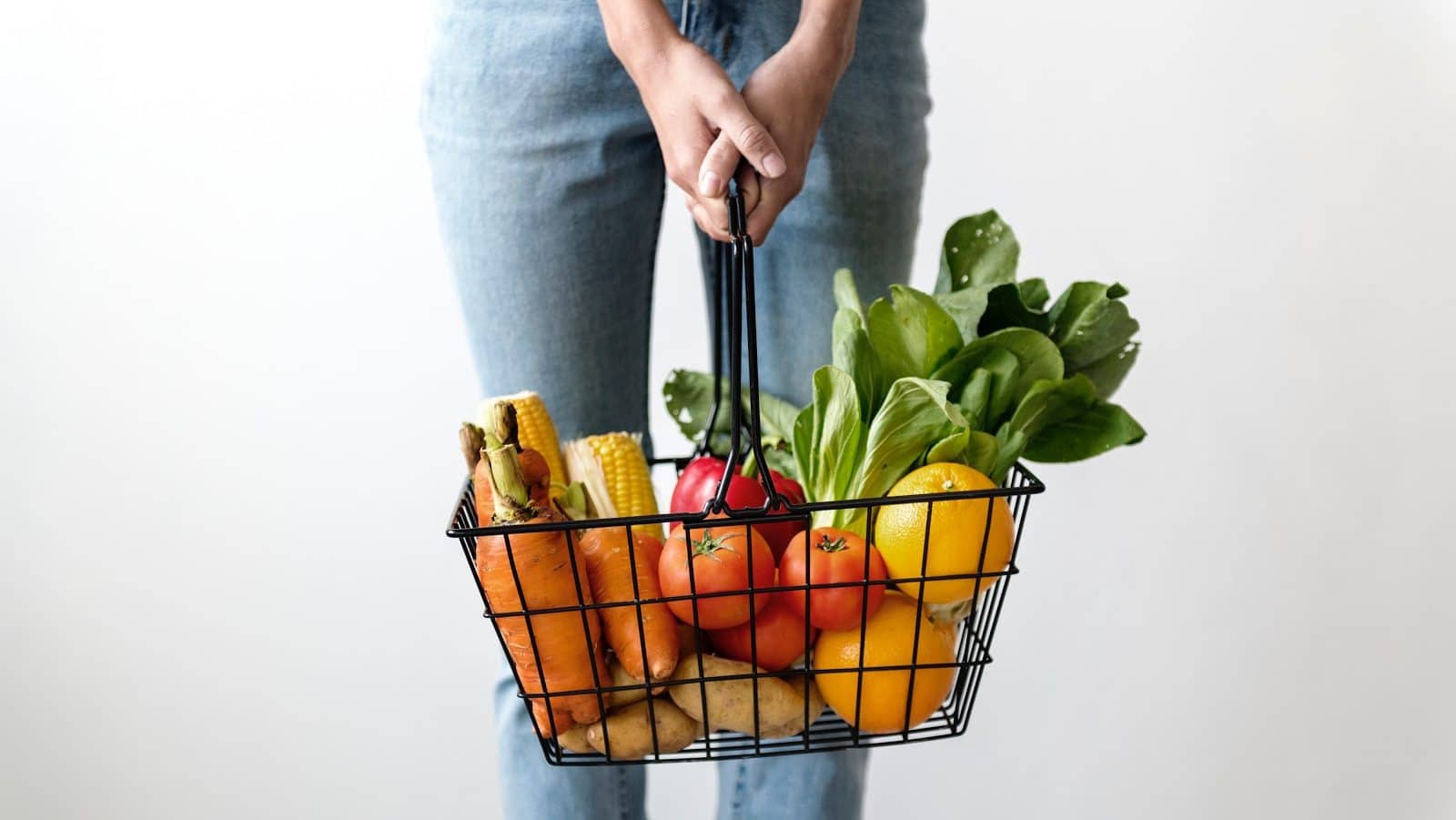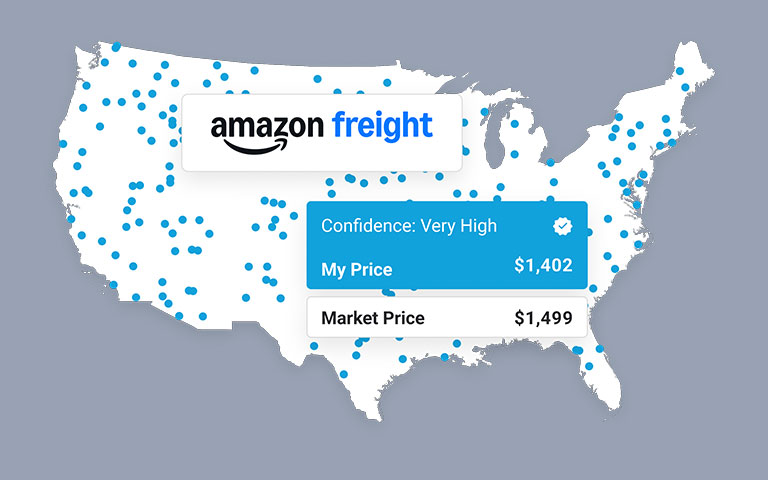Food Logistics: Optimizing Organic Supply Chains

Organic foods and supply chains might seem like stark enemies, and in some ways, they can be. On the one hand, you have strict rules on certain foods and more time-sensitive than regular foods. Meanwhile, supply chain transportation can be slow-moving and riddled with inefficiencies.
So how can organic food shipping optimize to ensure the highest quality foods make it to stores on time? Here at Shipwell, we have the technology and service to see those things become a reality.
Staying informed on government regulations
First of all, the government puts heavy regulations on food aiming to be organic. The USDA certification process is thorough so consumers know that what they eat has been properly vetted.
Each organic product or ingredient received or used in the handling or processing maintains record-keeping systems. These systems fully disclose all activities and transactions that can be readily understood and audited.
The records organic shippers need to maintain are organic certificates, invoices, purchase orders, BOLs, scale tickets, handler certificates and contracts, product spec sheets, and much more.
Shipwell's centralized platform lets users automatically generate shipping documents and manage them in one place. Shippers, 3PLs, and carriers can ship easy knowing their required documents are organized all within the app.
Transparency is built into organic foods
As we mentioned above, the USDA has stringent guidelines to certify certain goods as organic. The culture formed around organic eating is that of transparency into the process of farming all the way to the market shelf.
Shipwell provides transparency to customers so they can see if every facet of their supply chain is working efficiently. Consumers put their trust in these organic food companies to farm and sell organic food. However, several things along the supply chain can disqualify foods from organic status. Most notably: coming into contact with any pesticides or non-organic foods.
Building collaborative relationships
To meet the demands of organic food shipping head-on, shippers need to build collaborative relationships with the other players in their supply chain.
Some of these companies don't have the resources that larger food companies do, says Dustin Teves, Director of Implementation at Shipwell.
"Using a third-party like Shipwell provides them with a full-suite of resources they didn't have before at a fraction of the cost and with less risk."
Shipwell has a carrier network of over 800,000 truckers which we qualify for specific loads.
If organic shipping needs shipping in a reefer, we have a set of drivers who can get the job done and with excellence. Best of all, customers can use the Shipwell platform to manage the order, track the shipment, and communicate with the driver directly.
Get connected with Shipwell today
Creative problem solving
Organic food is the fastest-growing sector in the U.S. food industry today. Statistics from the U.S. Organic Trade Association say that 75 million Millennials are now eating organic food.
So how does such a complex process or harvesting organic foods keep up with the increasing demand for these products on shelves?
Companies who use Shipwell can manage their freight and get carriers booked on loads far in advance to help with demand. Shelves never have to run empty of organic foods when carriers are regularly booked and delivering loads on time.
Because folks take organic food seriously, Shipwell takes its roll in shipping seriously.
Want to take your food supply chain to the next level? Sign up with Shipwell today and see how quickly you'll benefit in your shipping operations.


.svg)








